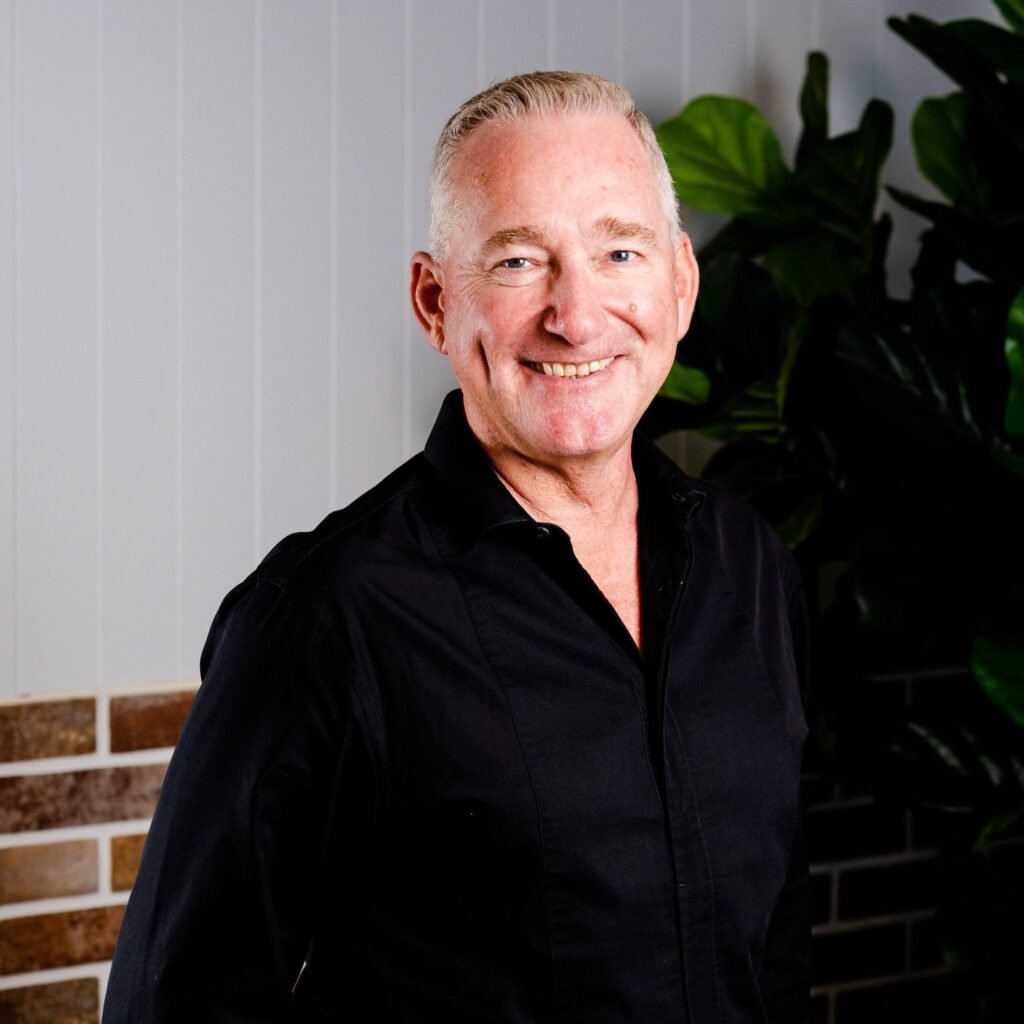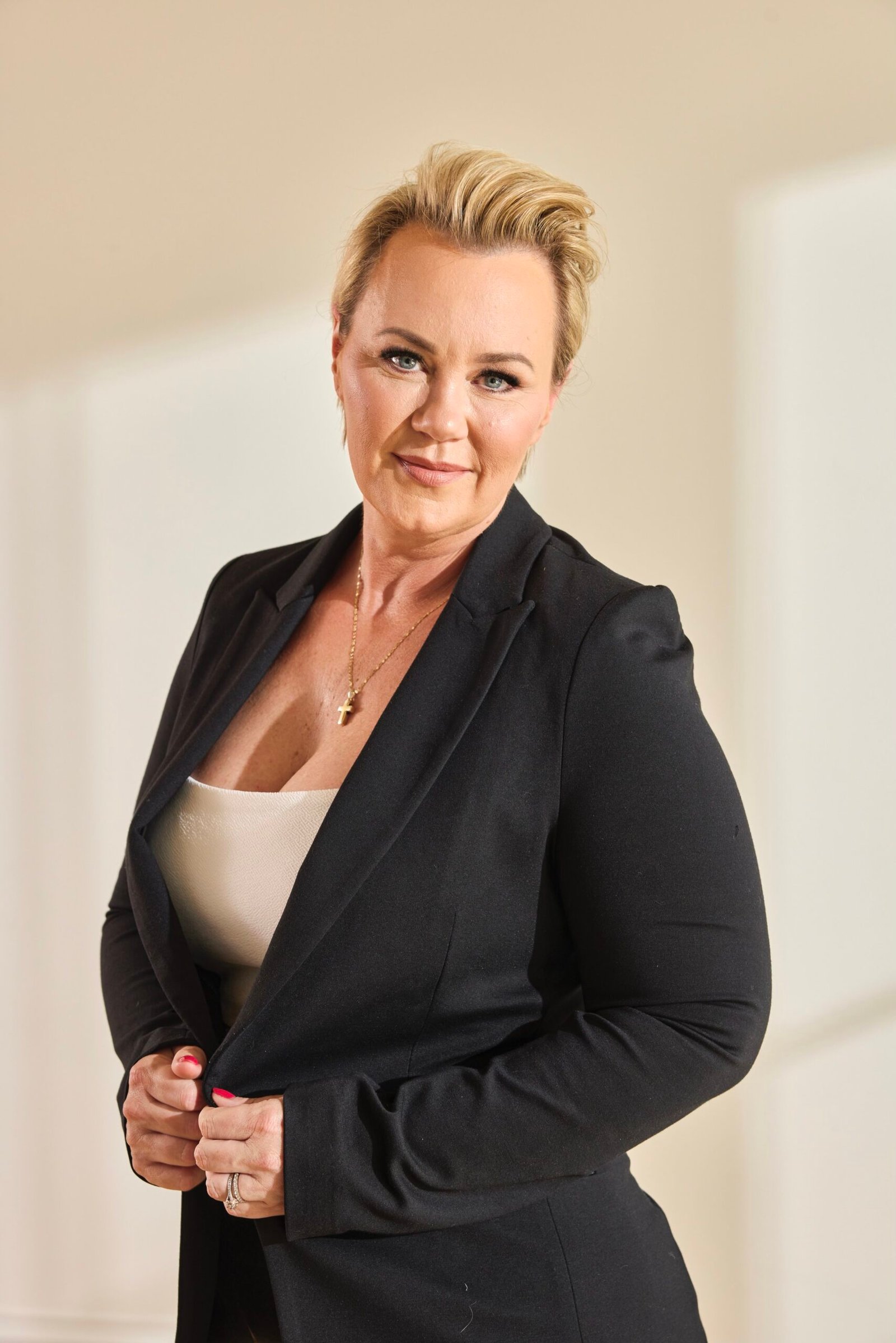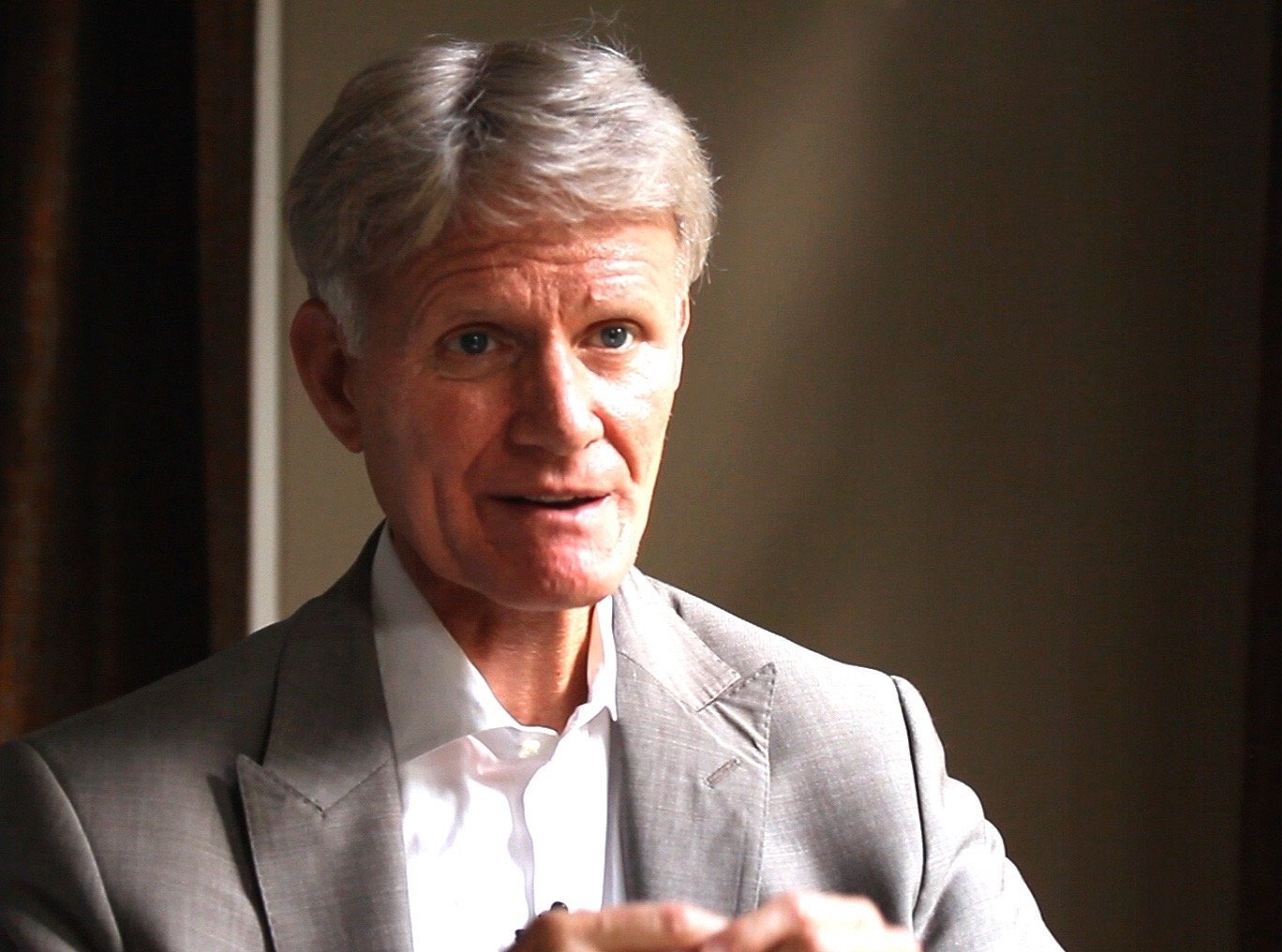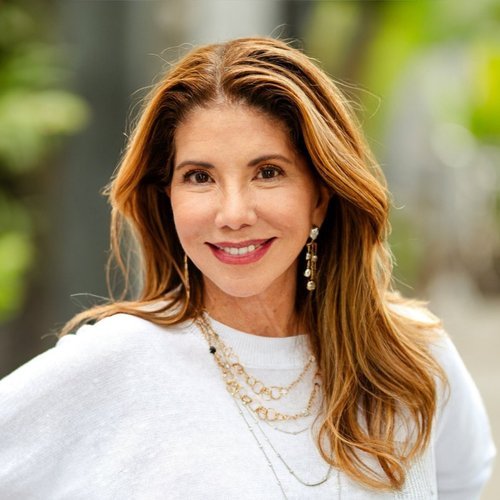
I recently went one on one with Russ Stephens, co-founder of the Association of Professional Builders.
Adam: Thanks again for taking the time to share your advice. First things first, though, I am sure readers would love to learn more about you. How did you get here? What experiences, failures, setbacks or challenges have been most instrumental to your growth?
Russ: The path started when I was 19. I was working for my father at the time. And I always had big ideas. He had a couple of retail shops and I wanted to take it to the next level, I guess, like a wholesaler. I was always buying extra stock and then selling it on to other retailers and I kind of drove him mad. So, in the end, he told me to go off and do my own thing, which I did. At the age of 19, I started selling off the back of a van around South London, and grew that business into a company that turned over $35 million a year and employed 50 people. I then sold that company in 2006, to fulfill a lifelong ambition along with my wife, which was to move to Australia.
In Australia, I couldn’t get an investment visa, we could only come out on a business visa, and we had to start another business. So, I looked around at what businesses they were to buy and what we could do because we had to start a business and employ two Australians. After doing several different things, trying out many different ideas all within the construction industry. I focused on different aspects in construction such as, providing safety documentation, preparing contract agreements, then acting as a builder’s broker, really doing all the sales and marketing, setting up contracts, and then selling them to builders. We effectively found software in the US and we brought this software to Australia. That eventually became a marketing agency purely for residential home builders. We would build and manage websites. We would also manage all their online marketing campaigns. We then realized that it didn’t matter how many leads you generated for some building companies. They were still struggling because they didn’t have a sales process. In 2014, we launched Aqua sales training, which had the sole goal of helping builders implement a sales process, a repeatable sales process in their building companies. We were now generating leads, and giving them the sales process they needed. We then realized that even though we were generating all these great leads for builders, and they had a sales process to follow, they were still managing their time poorly. They weren’t properly planning their sales; they weren’t getting the margins that they should have been enjoying. Given that custom home building is not a commodity so we realized they needed training on all aspects of the business including construction, financials and operations, and even leadership and mindset. So that’s why we launched the Association of Professional builders.
Adam: What are the best lessons you have learned from founding and leading a professional association?
Russ: I guess one of the most important lessons, in terms of creating this association, is a combination of business coaching and networking for professional builders. You need to be very clear on your niche. We only work with residential home builders, so we don’t deal with commercial builders, or guys doing small household jobs. We don’t deal with subcontractors or anything like that. We’re very clear about our niche. But within that niche, we’re very clear about the type of people we deal with, because we only want to attract people who are builders that want to grow their building companies. There is a saying that the American lifeguard has, which is we can only save the ones that swim towards us, I have that written up on my whiteboard. I think communication is a very important lesson. I think for any leader, you’ve got to be good and clear in your communication. Communication has to be two-way. You’ve got to convey what your vision is for the company and what’s happening in the company. You’ve also got to be open to receiving feedback and be able to put those feedback loops in place so that you’re receiving feedback not just from your immediate team, but feedback from the grassroots up. We aim to understand exactly what is happening at a builder level. Core values are a very important part of company culture but they become quite meaningless if the leadership team does not adhere to the company’s core values, and is aligned with the work culture. Leaders also need to walk the walk, because you’ll get called out and found out quickly, if you don’t, and not just by your staff, but also by your clients, especially in something like consulting, where it’s very easy to read the book, and then tell people what they should do. To have respect in your company, you need to be doing it yourself.
Adam: What do you believe are the defining qualities of an effective leader?
Russ: I think communication is a very important one. I think for any leader, you’ve got to be good and clear in your communication. Communication has to be two-way. You’ve got to convey what your vision is for the company and what’s happening in the company. You’ve also got to be open to receiving feedback and be able to put those feedback loops in place so that you’re receiving feedback not just from your immediate team, but feedback from the grassroots up. We aim to understand exactly what is happening at a builder level. Core values are a very important part of company culture but they become quite meaningless if the leadership team does not adhere to the company’s core values, and is aligned with the work culture. Leaders also need to walk the walk, because you’ll get called out and found out quickly, if you don’t, and not just by your staff, but also by your clients, especially in something like consulting, where it’s very easy to read the book, and then tell people what they should do. To have respect in your company, you need to be doing it yourself.
Adam: How can leaders and aspiring leaders take their leadership skills to the next level?
Russ: You’ve got to be constantly working on yourself, as well as on your business. Never stop learning. Never stop reading books. Never stop taking courses, attending live events, seminars, etc. But on that note, be careful who you take advice from because there is a plethora of wrong information. It’s easy to get overwhelmed. Look at the top 20% of your business and look for people that have had success. There’s always something new to learn. Be humble, and continually learn from others.
Adam: What are your three best tips applicable to entrepreneurs, executives and civic leaders?
Russ: Always be on the lookout for the best people, and promote those people within your organization into management and leadership roles. Then get out of the way, support them, and allow them to flourish. It’s a balancing act between being systemized and having the systems in place that help your team. Having the right people that will follow those systems. Build the systems and processes and the company culture. Bring on the best people and get out of their way so that they can progress and grow as well.
Be a coach and mentor to your team. Think of yourself as a coach and a mentor. Look to help your team grow and encourage them to do the same to their fellow co-workers. Overall, coach your team and encourage your team to help each other.
Remember your tasks and responsibilities. There is only so much you can have on your plate in terms of tasks and responsibilities. Whenever a new idea comes to light, and there’s something additional you want to work on, the first thing you have to decide is what you’re going to take off your plate. It’s got to be automated, or it’s got to be delegated. We can’t continually take on more things all the time without first removing something from our plate.
Adam: What is your best advice on building, leading and managing teams?
Russ: I think it’s very important to bring on people who have the right attitude, even more so than the right skill set. Because if they’ve got the right attitude, you can coach and mentor them and train them to do the job. It doesn’t matter how talented and good they are, if they don’t have the right attitude, they’re not going to be a good culture fit and they’re not going to be a good fit for your business.
Adam: What are your best tips on the topics of sales, marketing and branding?
Russ: Over the last 10 years, or 15 years now, the internet has completely turned the sales and marketing process on its head. Clients nowadays are more informed than at any time in history. That’s because of the internet, they do their research online before they even reach out to a salesperson. It takes a lot of commitment and work. But the rewards are huge, both in terms of the amount of new business it can bring in for you and the lower cost of those leads. It’s just incredible the effect content marketing can have. Content marketing is, you know, writing blog articles, shooting videos, all not promotional, but all providing quality information to the prospect answering the question that’s going on inside their head before they reach out to your business. By being the provider of that information, you become a respected authority and this puts you in a great position, but it takes a lot of work. It’s probably going to take you three to six months to a year of hard work to put in place, and then it’s ongoing. It’s not about ticking a box and doing a content marketing strategy, it’s about being consistent, consistently showing up, and committing to consistently showing up.
Adam: What is the single best piece of advice you have ever received?
Russ: I think probably the best advice I ever received. It was more of an instruction. And it came from a bank manager that took over from my previous bank manager. When I was in the early days of business, I had a distribution company in the UK, which specialized in wholesale. We had to hold a lot of stock. It wasn’t pure distribution; it was a wholesale company. We bought stock and sold it to retailers. It was cash-hungry work on tiny margins, which is an extraordinarily difficult business to scale up because you never have enough cash. I was always getting taken out to lunch and told how great I was by the previous bank manager because I had a big overdraft and was paying a lot in bank fees and interest. Then the new bank manager took over, and he took a very different view, he wasn’t impressed at all. He felt the overdraft was way too high about how much money was retained in the company because it was just like ripping out profits and putting it into a pension fund because it was tax effective. He wasn’t impressed with that. He threatened to almost immediately reduce my overdraft, which would have killed my business. He highlighted to me the fact that I had no control because he could do what he wanted. He could close my business down if he wanted. I’d given control away. He taught me a very hard lesson. He was very fair with me as well; he gave me a sporting chance of a year to make things right. I had to produce budgets for the 12-month report ahead and report to him monthly as well, which I did. I thoroughly enjoyed it because it forced me to think about my business in terms of budgeting. It forced me to build up the reserves in the company so that I was no longer reliant on the bank for cash flow. I built up the reserves and created my own cash flow. That lesson has stuck with me over the years. Now that is something we coach our builders on. We coach them to understand the importance of building reserves way over and above anything their accountant or financial advisor would deem reasonable. That’s because we look at it as insurance rather than an investment. To hold 12 months of fixed expenses as your reserves in the company as your equity. I know a lot of people won’t agree that they’ll consider it far, that money could be better invested in other things, which I somewhat agree with. But this is insurance, not investment. That’s what we do to protect our company. It’s the reason why so many businesses don’t last. And it’s why these black swan events like COVID, the GFC, etc., wipe out so many businesses. It’s because they don’t have adequate reserves to see them through a black swan event. When you build adequate reserves into your business, it will become a business that will last or span generations. It’s very important. It is something that gets overlooked and again, that goes against what most CEOs have been doing over the last 20 years with cheap money. They’ve been encouraged to rack up more debt because the money is so cheap, and try and put it to work to increase shareholder returns. I don’t believe that’s the best way to run a business. I think it leaves the business exposed. When the tide goes out over the next couple of years with interest rates rising, as Warren Buffett would say, we’re going to see who’s been swimming naked.








